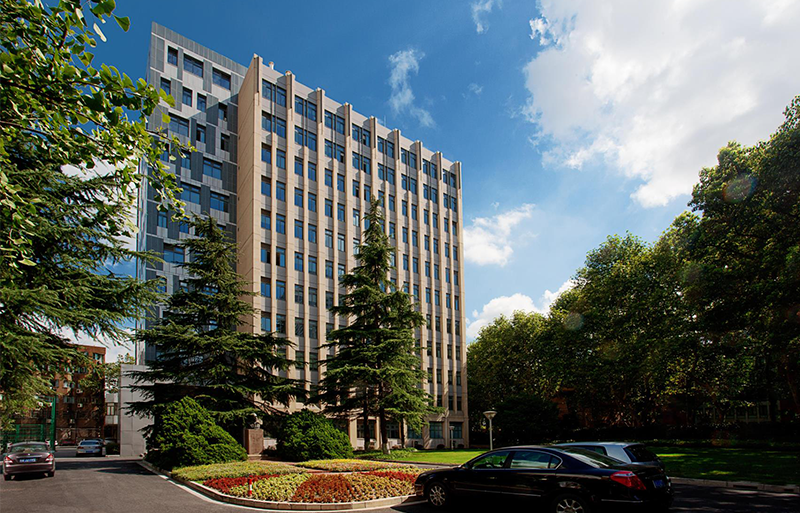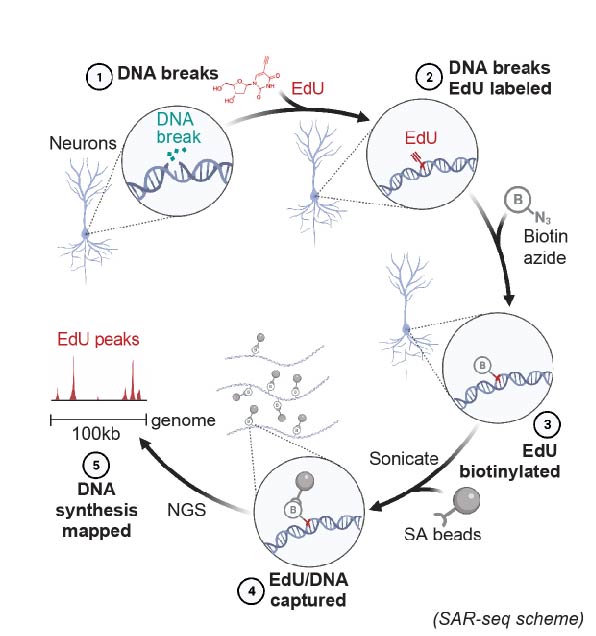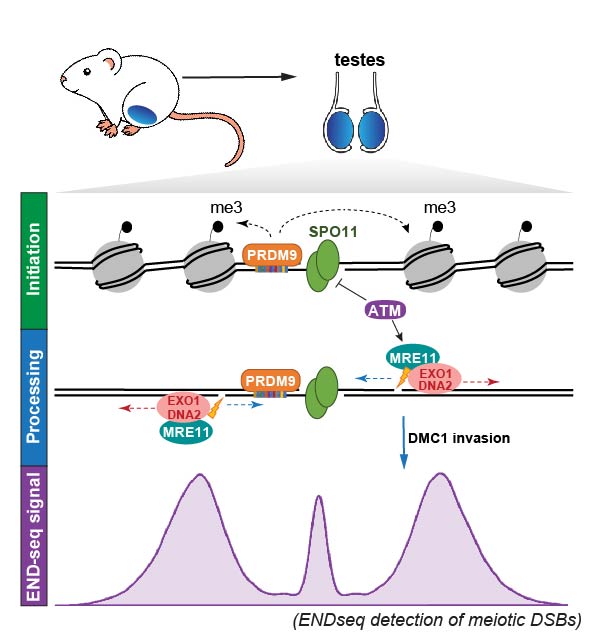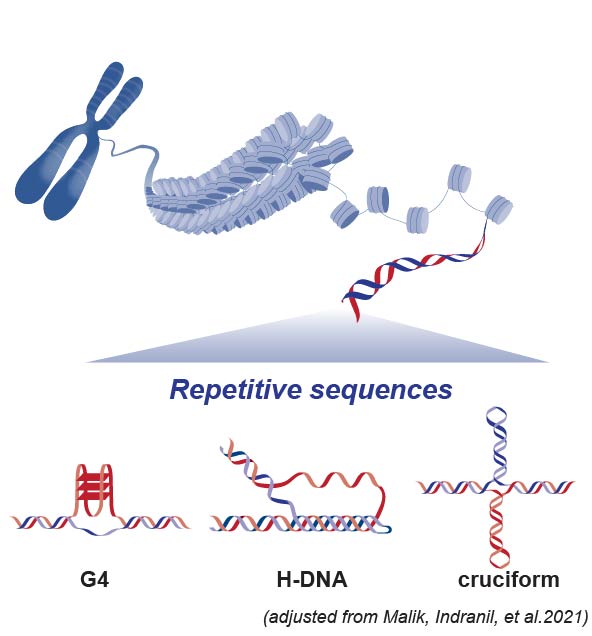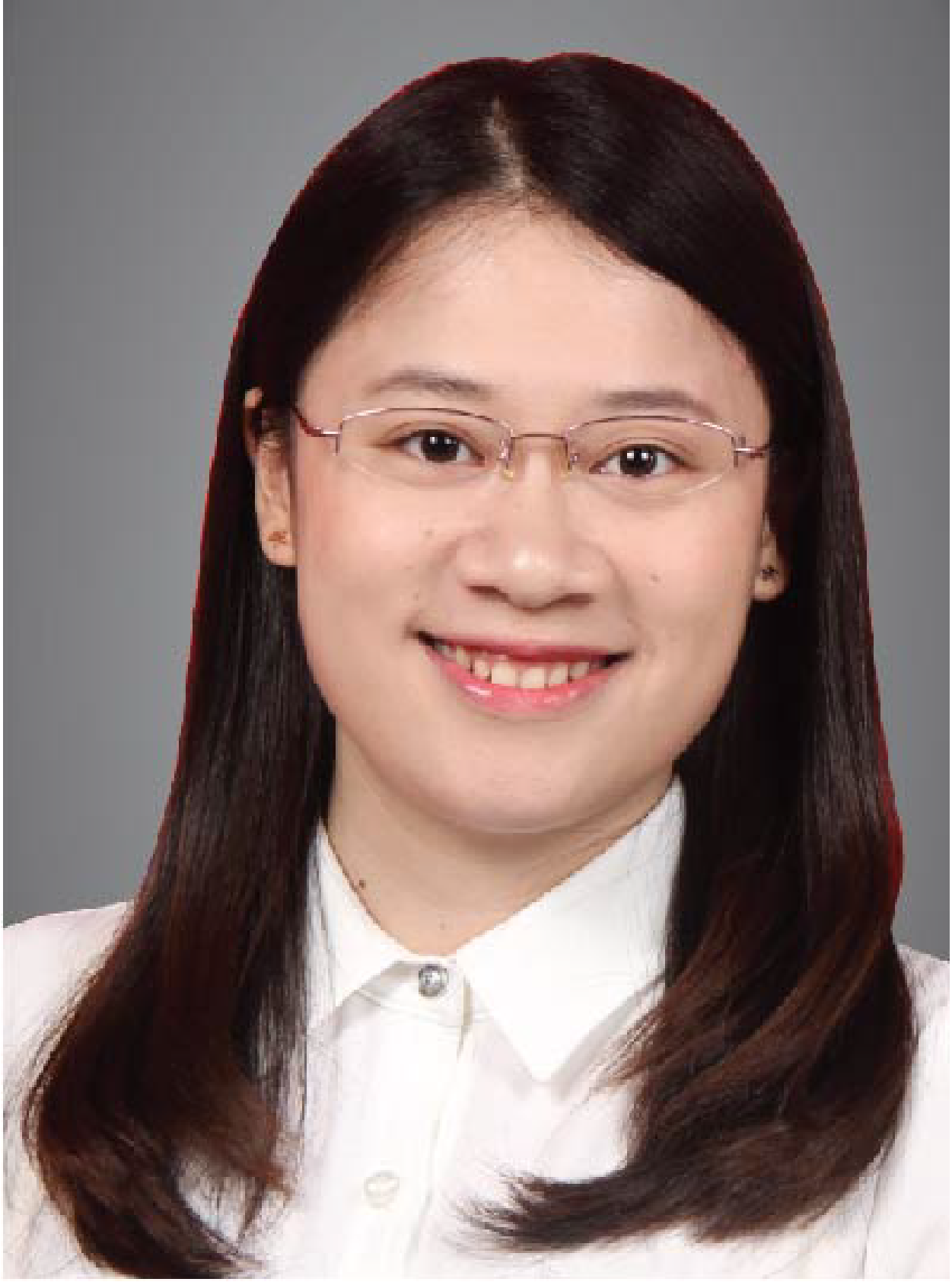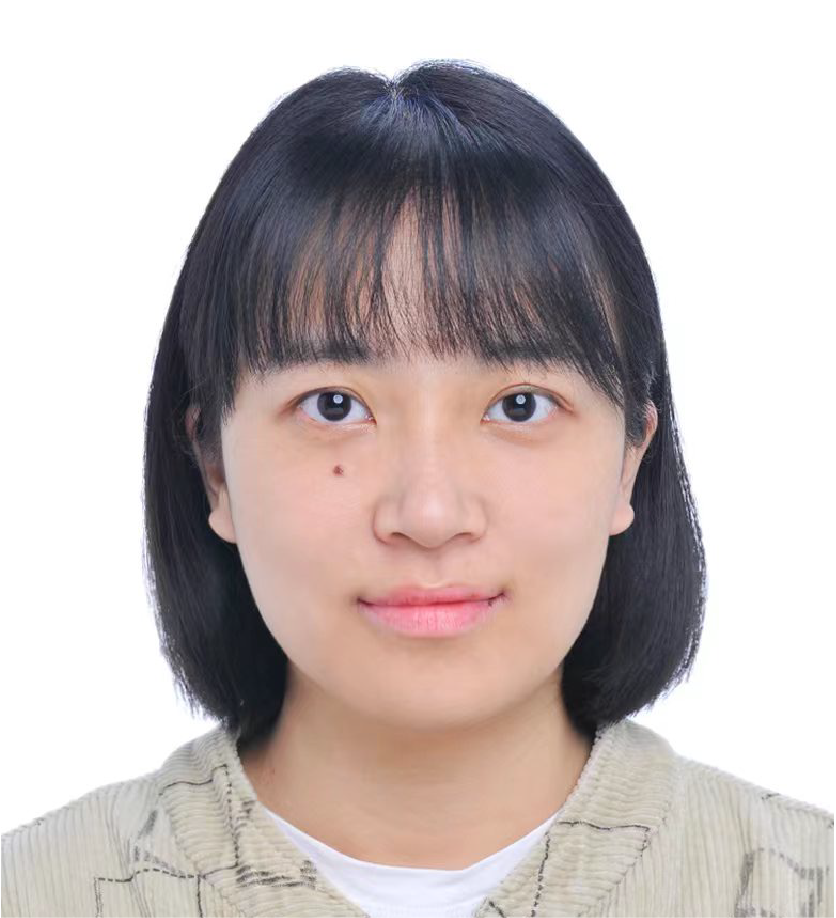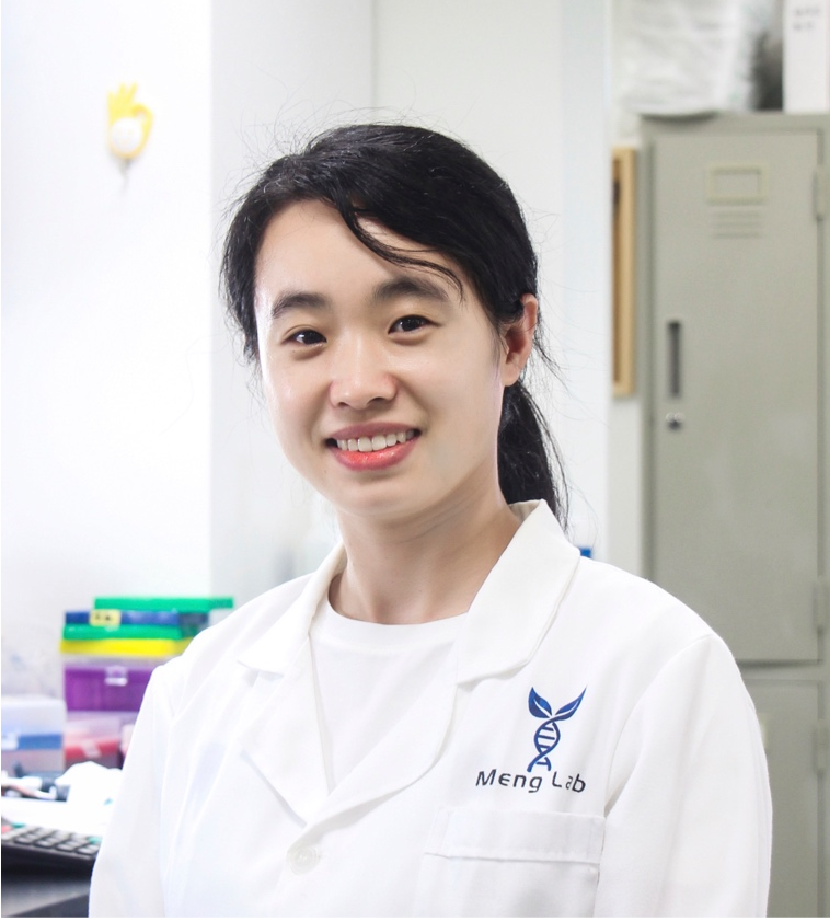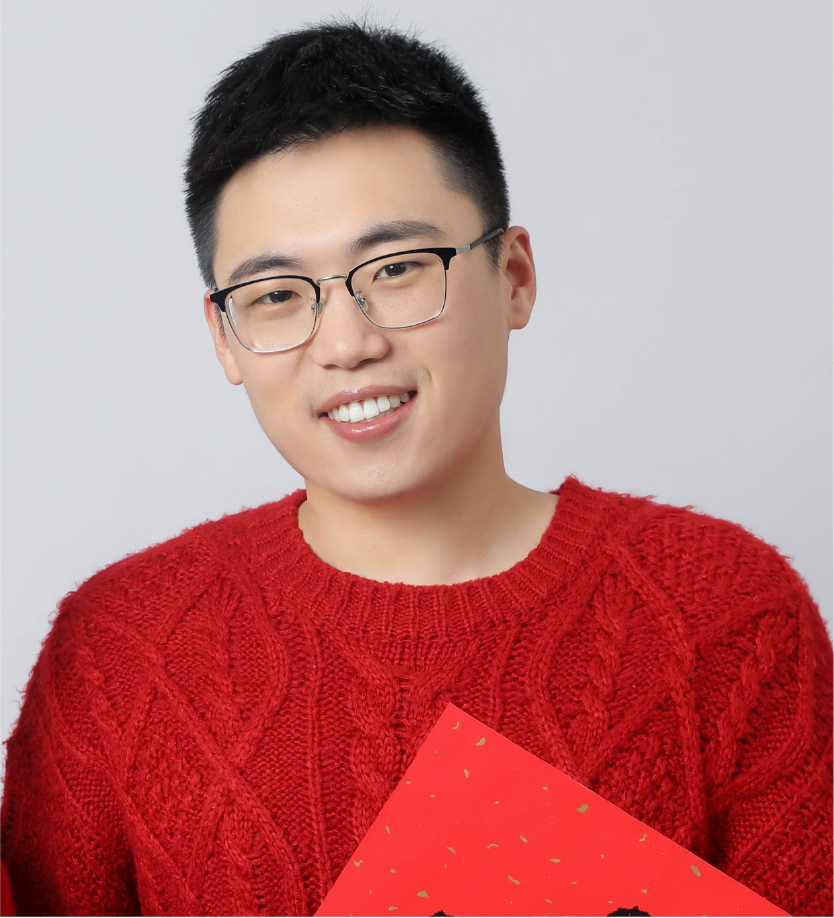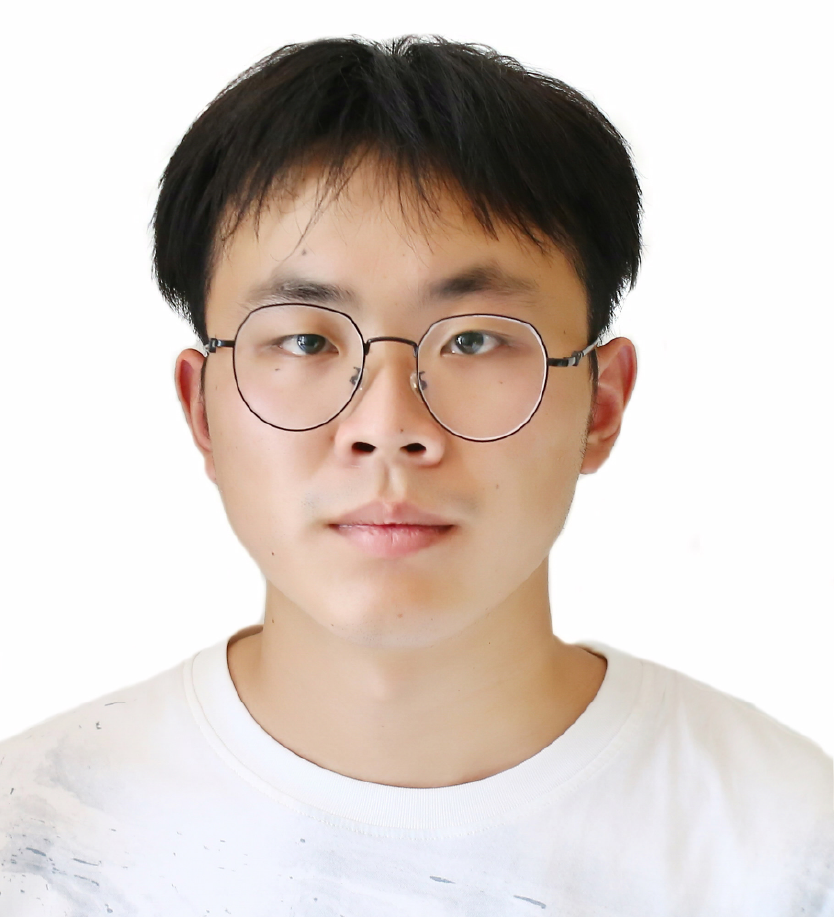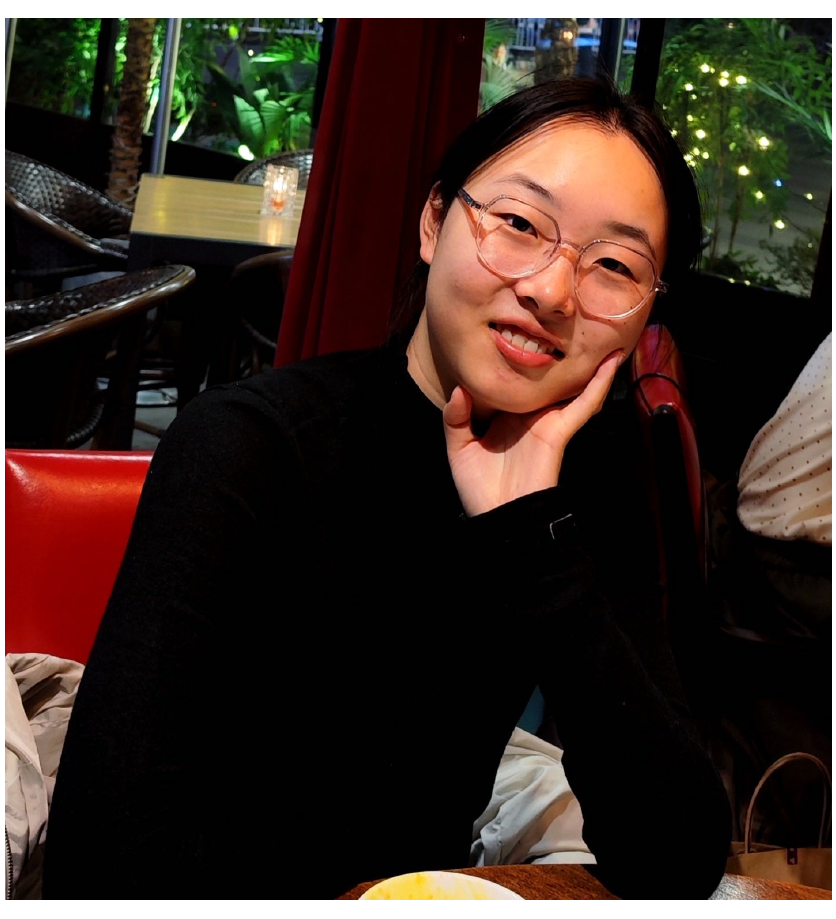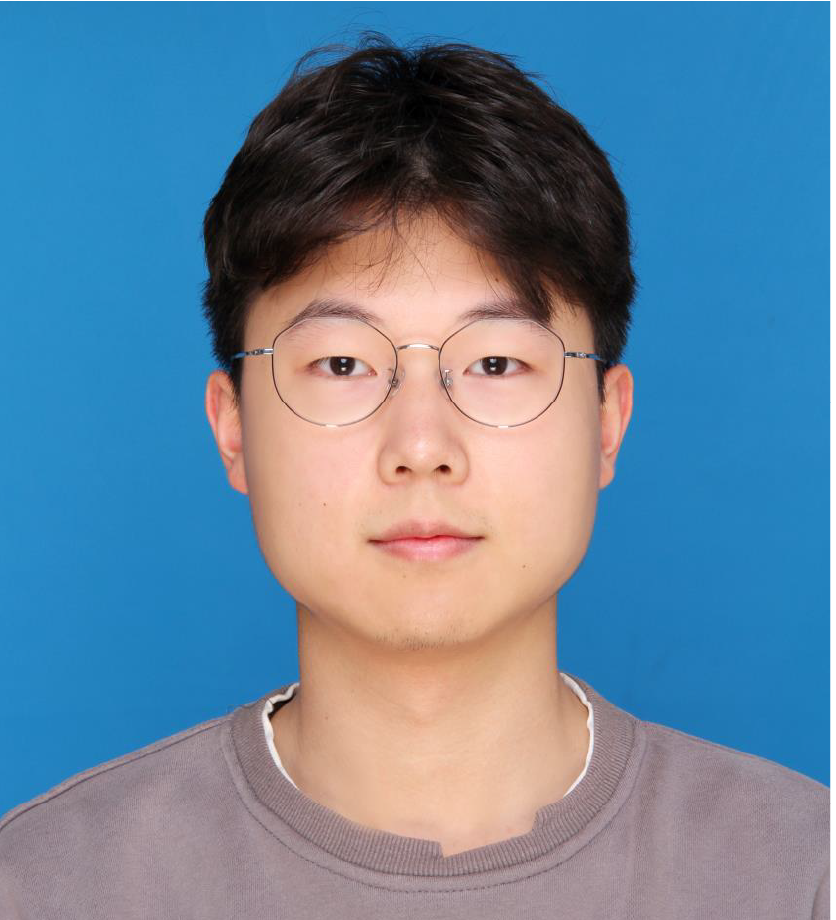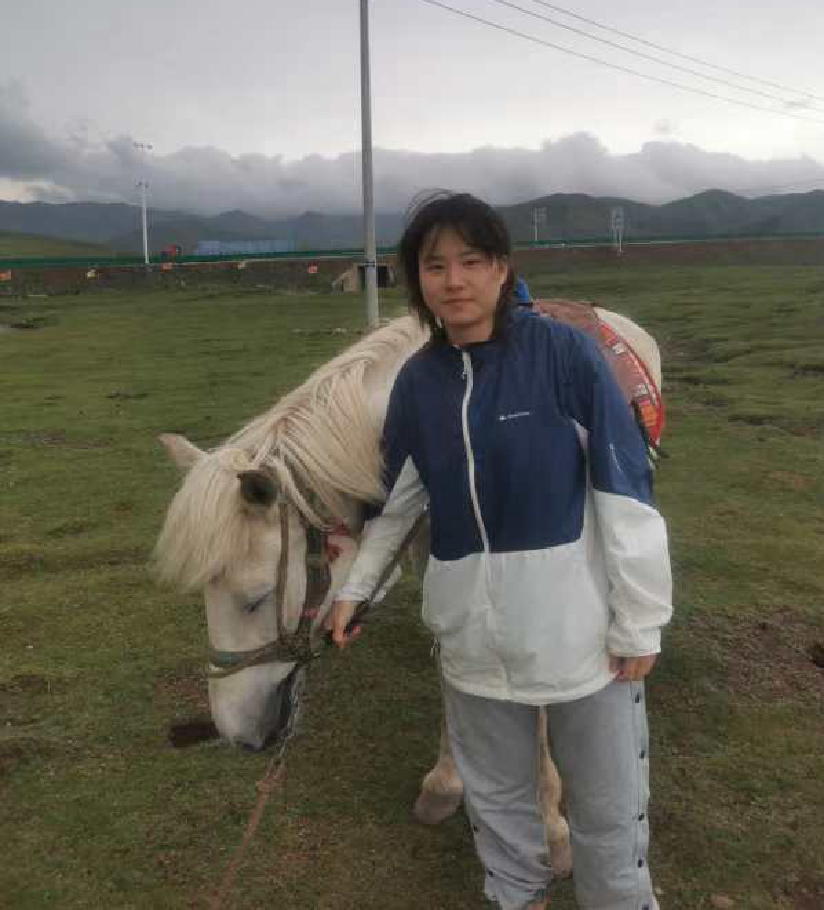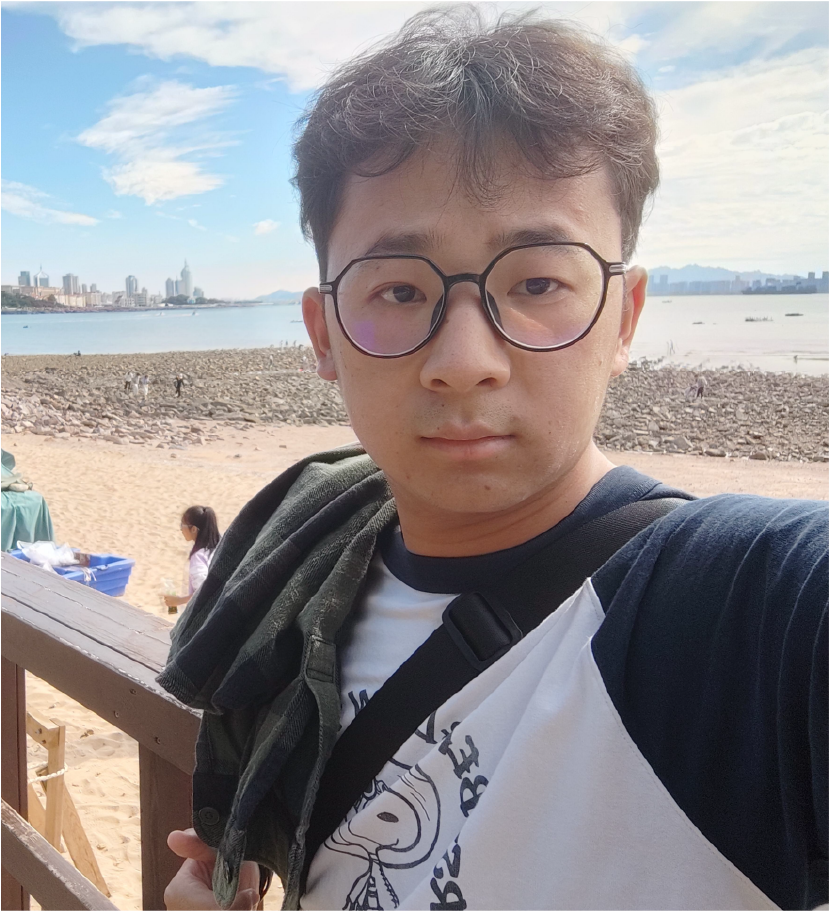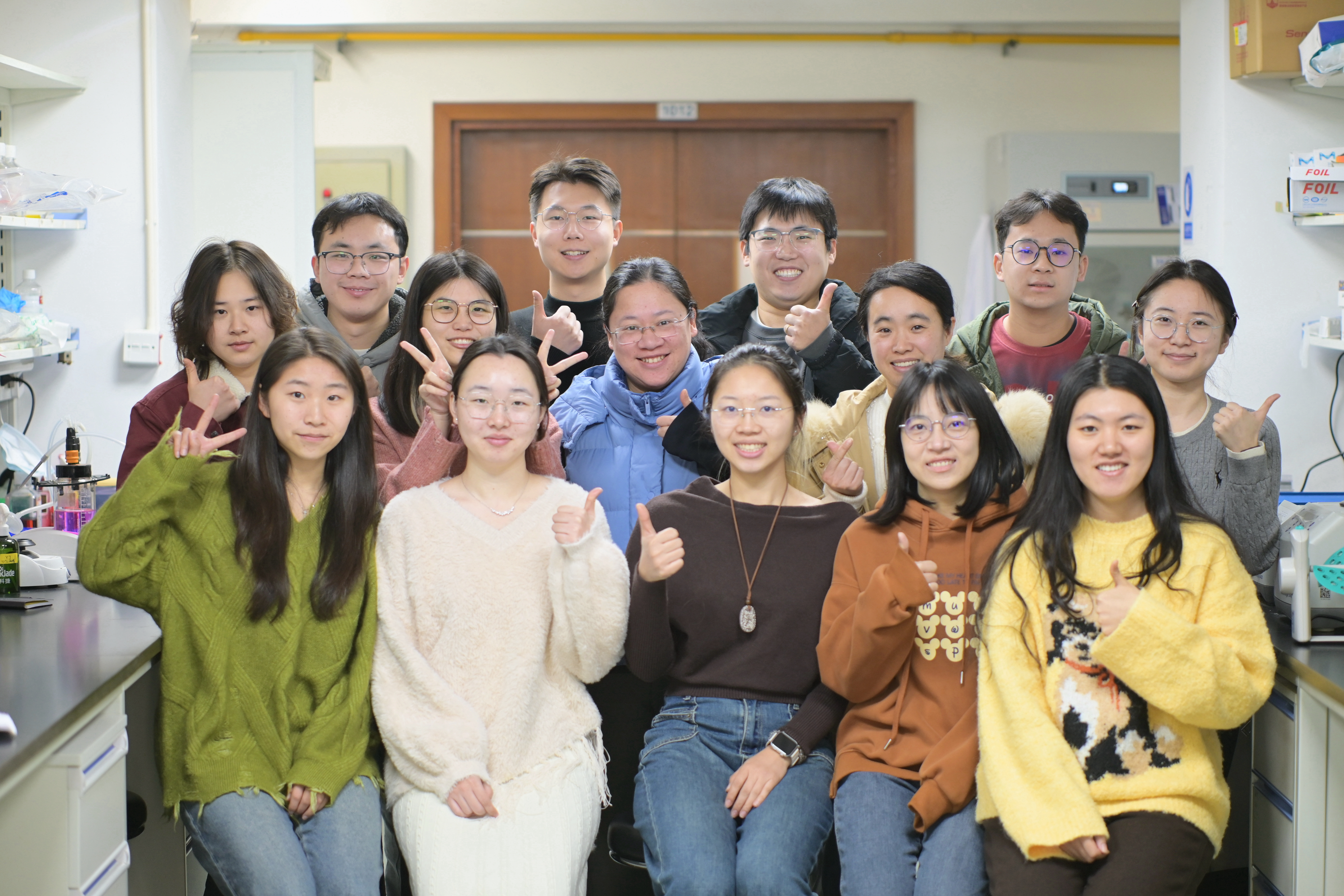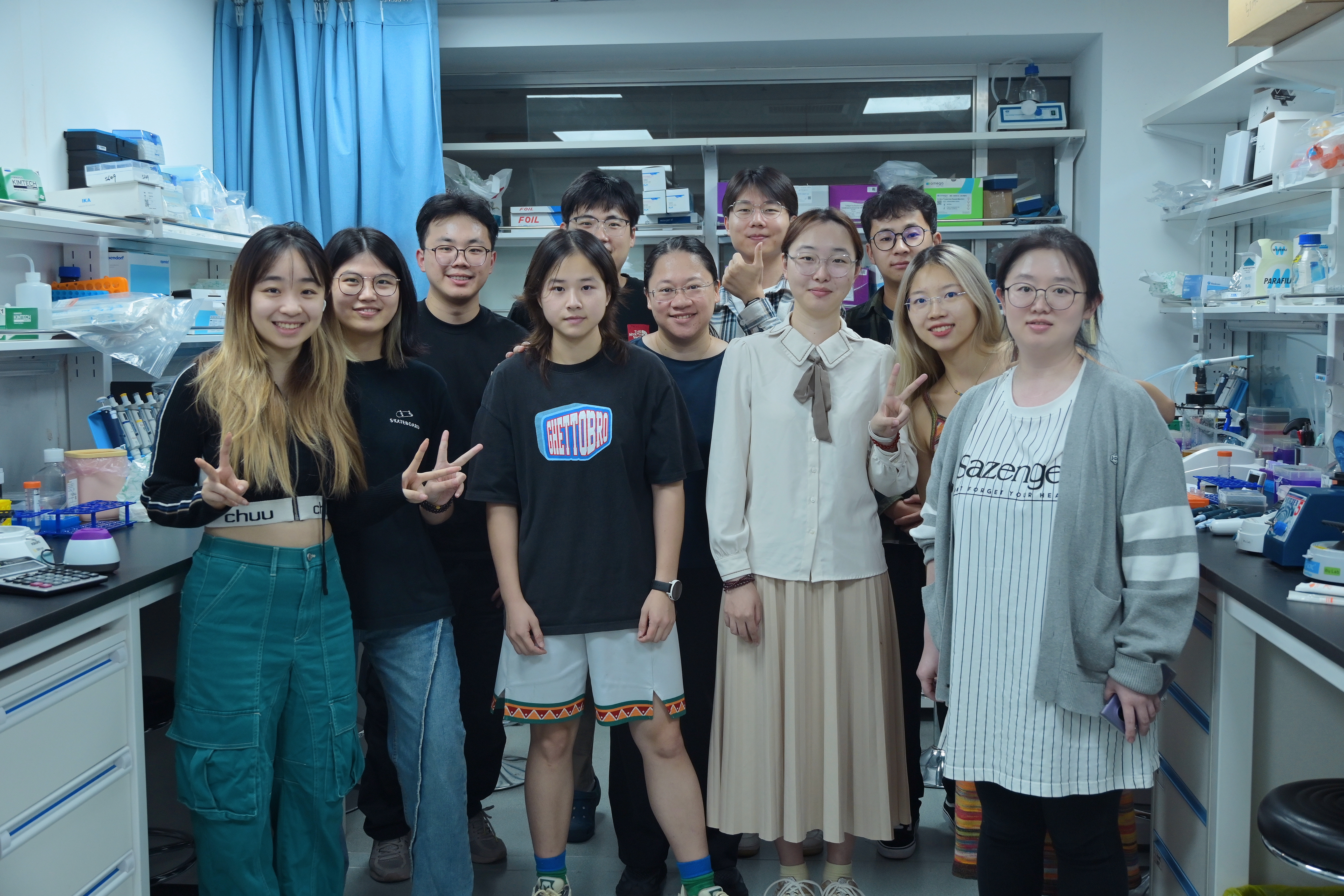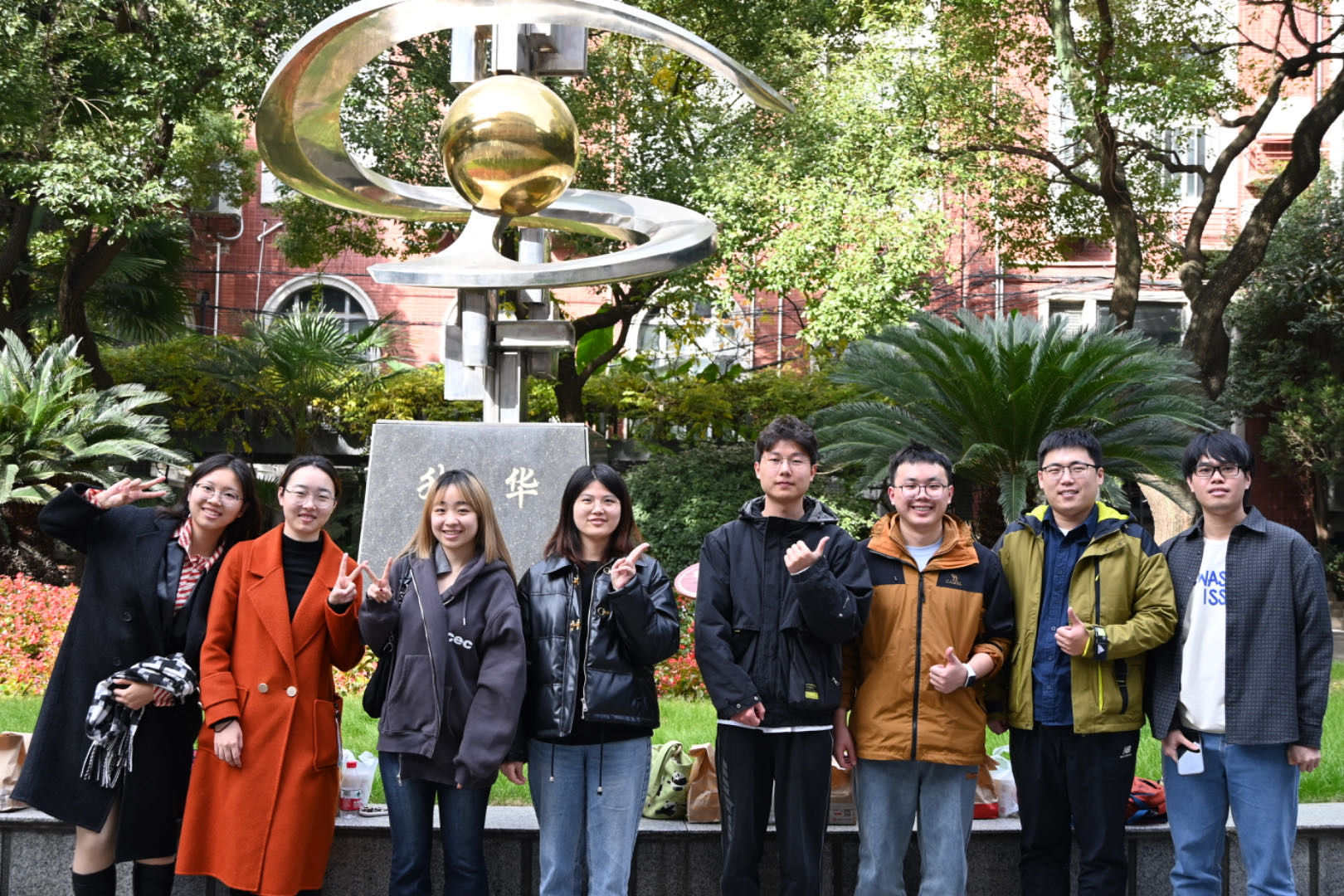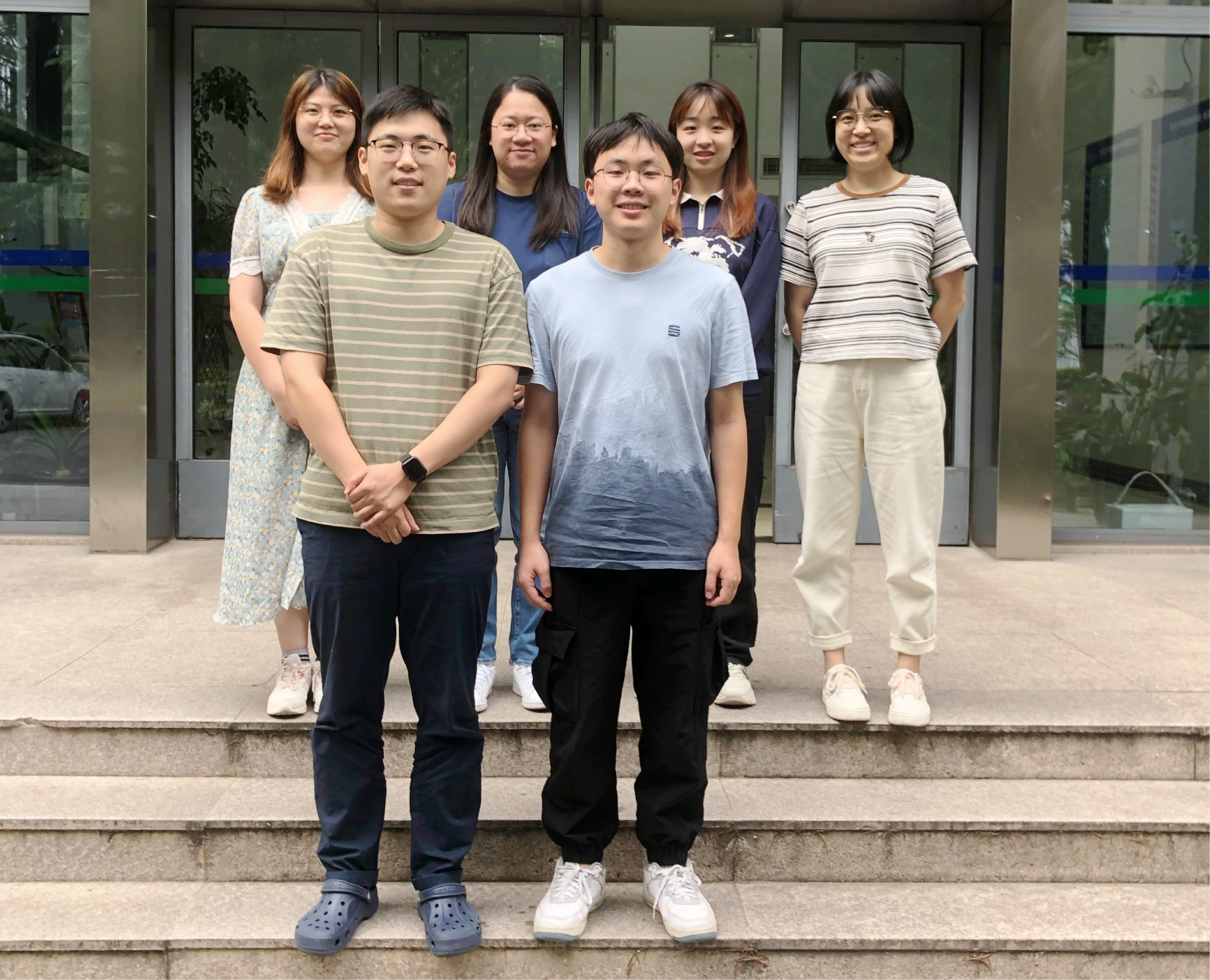2025 Dec, Yawei and Yu were selected for the CAST Young Talent Support Project (Doctoral Program)! Congrats!
2025 Oct, Yawei and Zilv both received the National Scholarship, proud of you!
2025 Oct, Our collaboration with Dr.Haiqiang Dai's group is accepted in Advanced Science! Congrats to Yawei!
2025 Sep, Our WGD benchmark work is published in Advanced Science! Congrats to Yawei and Zilv!
2025 Aug, Shuheng received the National Science Foundation for Young Scientists of China!Congrats Shuheng!
2025 Apr, our laboratory was awarded the title of 'Shanghai Branch of CAS May 4th Youth Shock Team‘
2024 Nov, Wei received the Shanghai Rising Star Program!
2024 Oct, Our collaboration paper is accepted in Nature and Shuheng is the co-first author! Huge congrats to Shuheng!
2024 Oct, Yu received the National Scholarship, so proud of you!
2024 Aug, Welcome Zhuo Yu!
2024 July, Welcome our new intern Lang Zhou and Jingyang! Welcome back Wenhan!
2024 Apr, Wei has recieved Career Development Fund for Young Women Scientists in Life Sciences (Category B) from the Chinese Society of Cell Biology!
2024 Mar, Welcome our new intern Ximilan Luo!
2023 Nov, Wei's collabration work about functions of the lncRNA INHEG in Glioma is online in Nature Communications!
2023 Oct, Welcome our new intern Fangyi Chen!
2023 Sep, the first paper in Wu lab has been accepted in Nucleic Acids Research! Big congrats to Yu and Qingqing!
2023 Aug, Welcome our new graduate student Jiaqi!
2023 Jun, Welcome our new intern student Wenhan and Hanyu!
2023 May, Welcome our new graduate student Zilv Mei!
2023 Feb, Welcome our new intern student Xiaopeng Wu!
2023 Jan, Qingqing joined us as a graduate student. Welcome Qingqing!
2022 Oct, Wei's collaboration paper(with Wang, D., and Callen, E. and Nussenzweig, A.) is accepted in Science! Congrats Wei!
2022 Aug, Welcome our first postdoc, Shuheng!
2022 Aug, Jiajie, Yawei and Yu joined as graduate students. Welcome!
2022 Aug, Welcome our lab manager Qijie Zheng!
2022 Aug, The collaboration paper (with Matos-Rodrigues, G., van Wietmarschen, N. and Nussenzweig, A.) on triplex DNA detection by S1-ENDseq is accepted in Molecular Cell.
2022 Aug, Wei gave a virtual talk at Shangdong university.
2022 Jul, Wei gave a talk at HMS-CSSA Frontiers Symposium.
2022 May, We started hiring!
